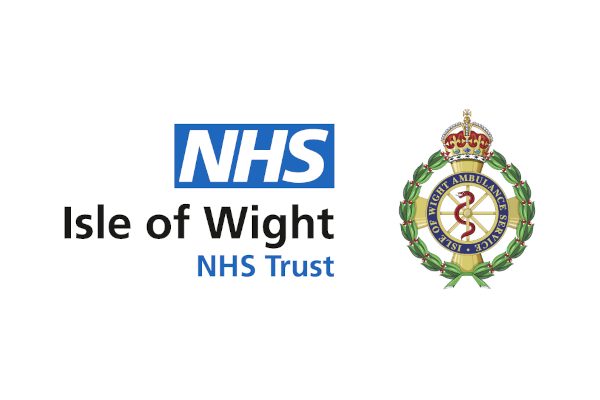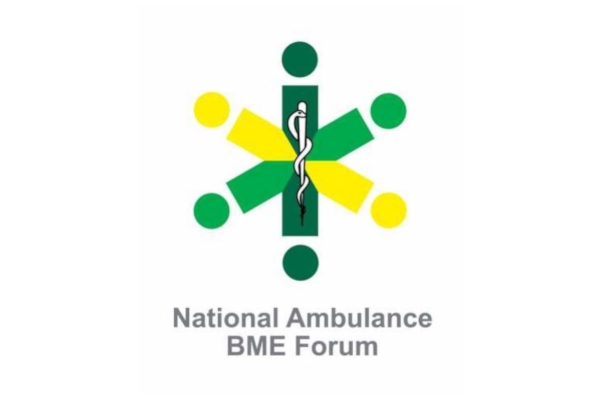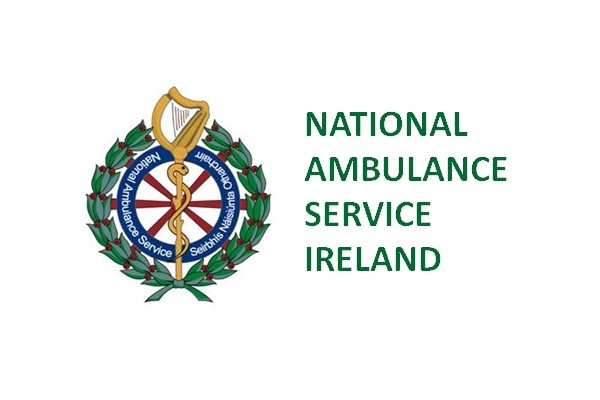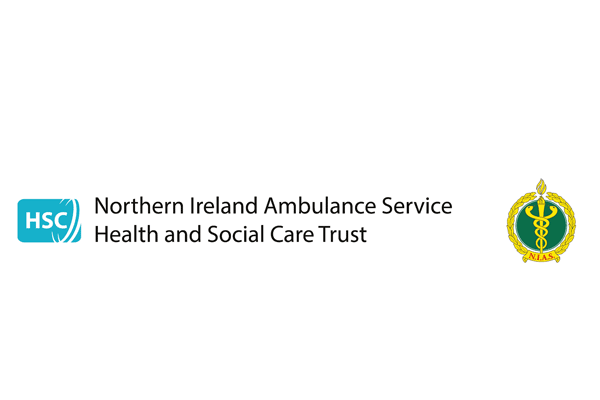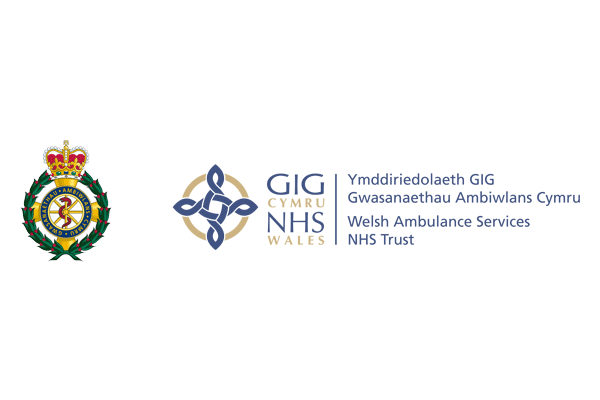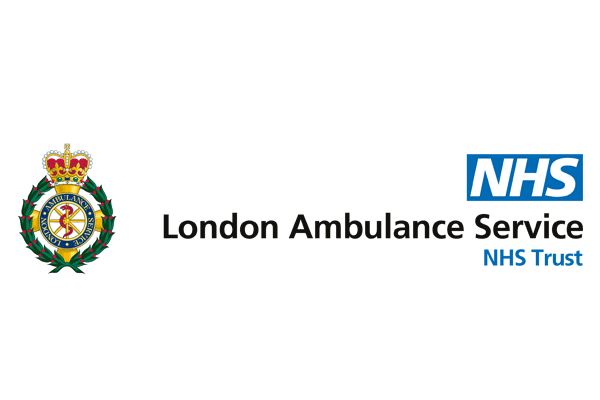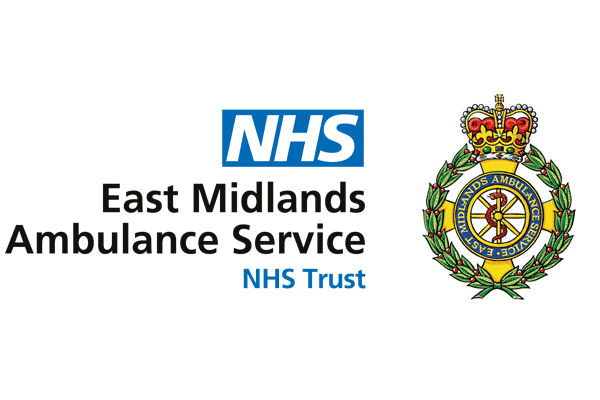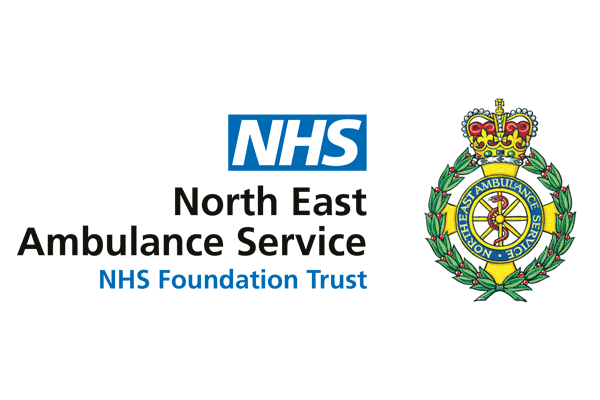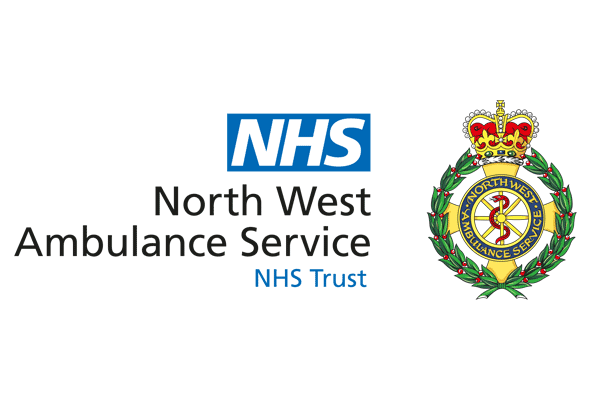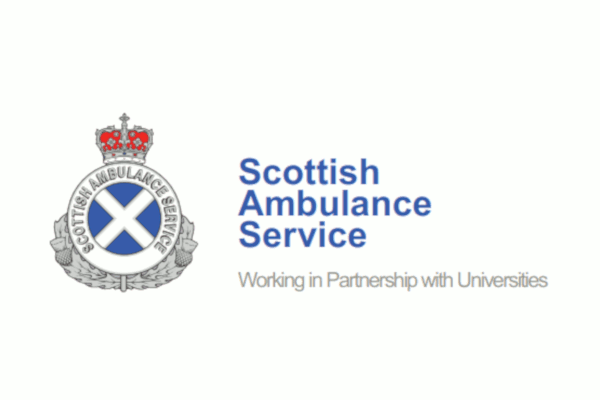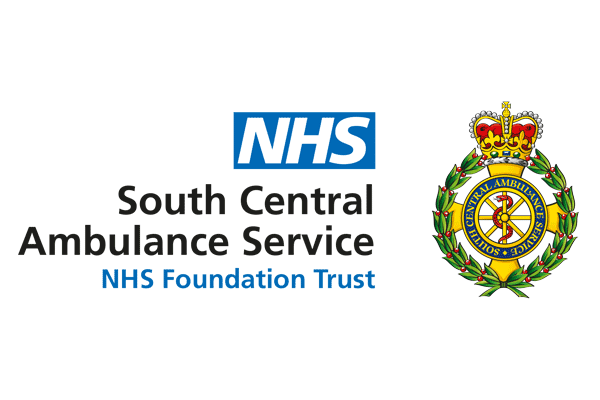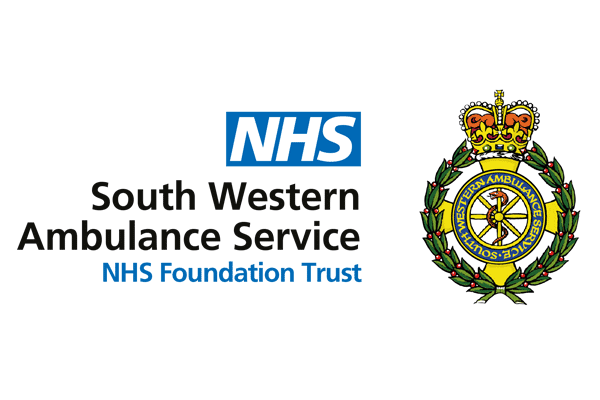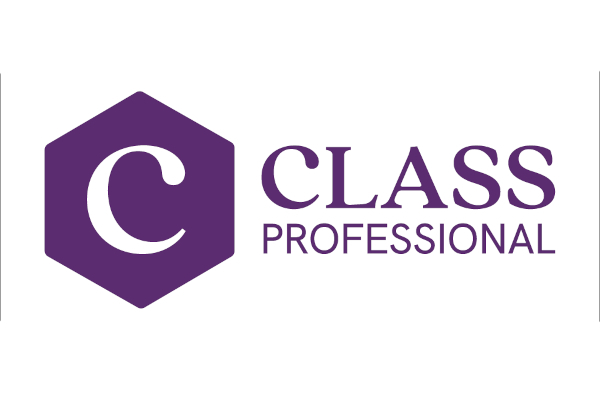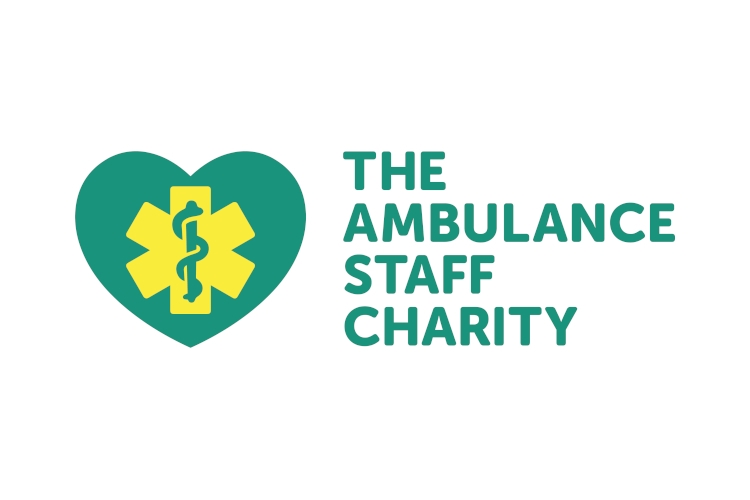JRCALC Clinical Guidelines 2019 launched
The Joint Royal Colleges Ambulance Liaison Committee guidelines are the essential resource for paramedics. JRCALC combines expert advice with practical guidance to help paramedics in their challenging roles and supports them in providing patient care.
 The latest book covers a wide range of topics, from resuscitation, medical emergencies, trauma, obstetrics and medicines to major incidents and staff wellbeing.
The latest book covers a wide range of topics, from resuscitation, medical emergencies, trauma, obstetrics and medicines to major incidents and staff wellbeing.
The 2019 edition of the book has been brought up to date with the latest evidence and developments in clinical practice and now incorporates essential content from the 2017 supplementary guidelines, including extensive guidance on maternity, sepsis, safeguarding, falls in older adults and pain management.
Further key updates in the 2019 edition include:
- Resuscitation and cardiac arrest: The pathophysiology of cardiac arrest, use of checklists and pulseless electrical activity is discussed extensively within the context of everyday out of hospital practice. A new guideline on tracheostomy and laryngectomy is included, alongside clinical skills photographs.
- Mental health presentation: crisis, distress and disordered behaviour. A reviewed guideline supports the clinician with practical help on the assessment and management of different mental health illnesses.
- Major, complex and high risk incidents: A revision by the National Ambulance Resilience Unit covers poisons, rail incidents and police incapacitating agents.
- New medicines are included: Activated charcoal, duodote and morphine sulfate for end of life care.
Other reviews and updates include head injury, hyperventilation syndrome, stroke, respiratory illness in children and acute coronary syndrome.

New Pocket Book version also available
The JRCALC Pocket Book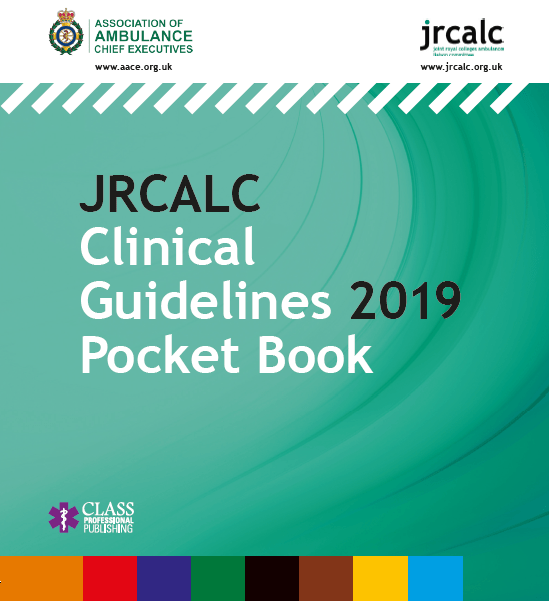 is the definitive guide to emergency care for healthcare professionals on the road and in the community. New to the 2019 edition are eight algorithms on managing birth, assessment charts for chemical incidents and updated tools for managing mental health illness.
is the definitive guide to emergency care for healthcare professionals on the road and in the community. New to the 2019 edition are eight algorithms on managing birth, assessment charts for chemical incidents and updated tools for managing mental health illness.
Your Pocket Book includes an extensive UK drugs formulary and Page for Age drugs tables which make medicines administration simple. JRCALC provides reference and reassurance for busy clinicians.
Updates to the Guidelines
JRCALC and AACE publish updates to the guidelines on our apps: iCPG and JRCALC Plus. Updates are also summarised here.
Questions and Feedback
If you have any questions about the guidelines, please click here to view answers to commonly asked questions.
If you have any feedback or would like to raise a query on the guidelines which is not covered by the commonly asked questions, then we would welcome feedback here.

